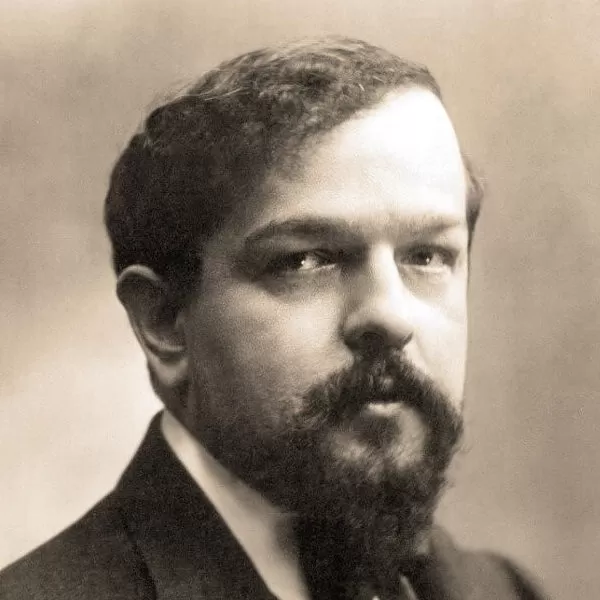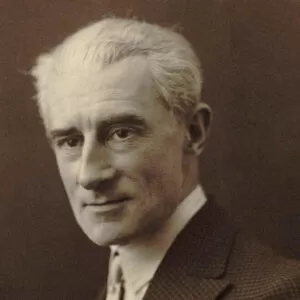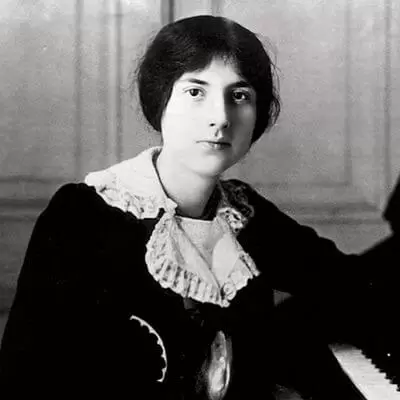


Born in Saint-Germain-en-Laye to shopkeepers, Debussy's journey into music diverged from familial expectations. Antoinette Maute, a pupil of Chopin, recognized his talent, steering him towards the Paris Conservatory. Initiated as a pianist, Debussy gravitated to composition, yearning to transcend the Conservatory's constraints.
His wanderlust fueled artistic evolution. Russia exposed him to exotic harmonies, while Bayreuth made him a Wagner devotee. Javanese music at the Universal Expedition ignited his fascination with free melodies. Influenced by Symbolism and Impressionism, he applied painterly techniques to music.
Debussy's significant works emerged in the 1890s, including the Symbolist-inspired Prelude to the Afternoon of a Faun and Fêtes Galantes. His oeuvre expanded, encompassing the String Quartet, opera Pelléas et Mélisande, Nocturnes, La Mer, and groundbreaking piano compositions. Despite battling cancer from 1909, he persisted, producing major works until his death in 1918.
A bohemian and cat lover, Debussy's physicality mirrored his feline demeanor. Despite financial struggles and scandalous affairs, his impact on 20th-century music was profound. His compositions, marked by amorphous forms, liquid textures, and innovative harmonies, positioned him as a quiet revolutionary bridging late Romanticism and the 20th century. Debussy's legacy endures as a pivotal figure who extended Western harmony beyond traditional confines, leaving an indelible mark on musical expression.
Explore an enchanting audio snippet showcasing the brilliance of Claude Debussy 's composition.

Early Life and Musical Journey
Paris Conservatoire and Challenges
Musical Triumphs and Recognition
Legacy and Later Years
Explore an enchanting audio snippet showcasing the brilliance Joseph-Maurice Ravel's composition.

Musical Legacy and Impact
Explore an enchanting audio snippet showcasing the brilliance Lili Boulanger 's composition.